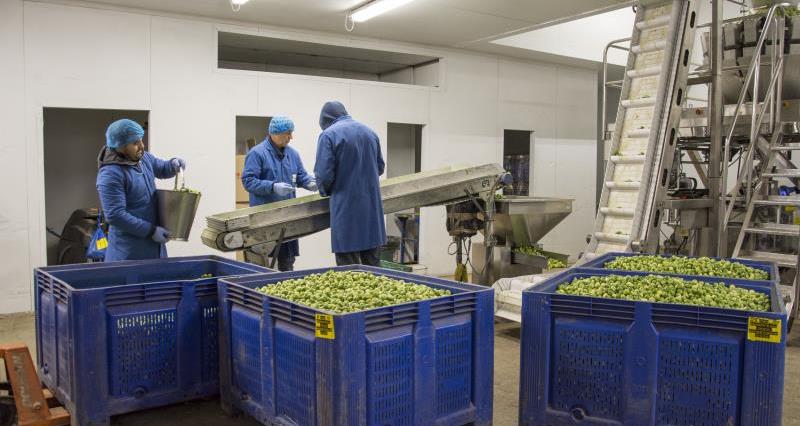Publication of the Migration Advisory Committee’s (MAC) review into the Shortage Occupation List does little to address NFU Scotland’s concerns regarding the industry’s future access to labour.
While the review notes issues raised by NFU Scotland and others, it has produced no practical suggestions on how to resolve them.
As many as 60,000 seasonal workers a year are currently needed to plant, pick, grade and pack over nine million tonnes and 300 types of fruit, vegetable and flower crops in Britain.
In some parts of Scotland, willing labour is already in such short supply that fields of soft fruit have been simply left to rot.
The NFUS submission to MAC highlighted the many agricultural, haulage and food chain jobs where there are shortages of UK applicants and non-UK staff are essential.
A spokesman for the union said: “The report records the issue but offers no solution and ignores that there is market failure.”
NFUS has consistently raised concerns about future workforce requirements in seasonal and permanent positions in the agricultural and wider food and drink industry chain, having recently attended roundtables with Home Office Officials and the Home Secretary Sajid Javid.
At these meetings, the union said it raised the view, which is shared by other UK farming unions, that the MAC’s exclusion of essential agricultural roles is “misguided” and a “misrepresentation of the strong need within the industry” for access to non-UK workers.
The union said it hopes to meet on-farm with a senior ministerial figure in the next few weeks to outline what Scottish food and farming wants to emerge from the UK Government’s White Paper proposals for the future of the immigration system.
NFUS president Andrew McCornick said: “This report does nothing to address existing or future post-Brexit labour requirements across a whole host of jobs and industries.
That is hugely frustrating and disappointing. The Government needs to recognise that the MAC is failing to provide the advice needed to resolve the issue of shortages of vital workers that cannot be solved by just increasing wages.
“All advanced economies are faced with similar issues and allow migration to fill such jobs. The MAC seems to think that the UK is different and that our industry is immune to real-world pressures, including competition from other countries.
Solutions
“What we need is the opening of Tier 3 to allow workers who have the skills we need but may not have the formal qualifications demanded by the current and future proposed immigration system.
“We also desperately need the Shortage Occupation List to allow us to fill gaps in our labour market in those positions where the salary level is below £30,000/year.
The MAC notes that the Government White Paper refers to circumstances where there should be flexibility to allow migration at lower salary levels, but the MAC has not made any recommendation to reduce the £30,000 minimum.
“Although the report has a section on lower-skilled workers, it makes no recommendations relating to them.
“The only occupation added to the Shortage Occupation List that we referred to in our submission is the veterinary profession and that, from both a veterinary service and food hygiene perspective, is welcome.
“A change of direction is badly needed at the highest level and we hope to meet with a senior ministerial figure on-farm in the next few weeks to outline just what Scottish food and farming wants to emerge from the UK Government’s White Paper proposals for the future of the immigration system in the UK.”

